Europe picks up the sword Without America, and maybe against it
June 2, 2025, turned out to be a momentous day in terms of the decisions made by European countries to strengthen both their own defence capabilities and the continent’s security as a whole.
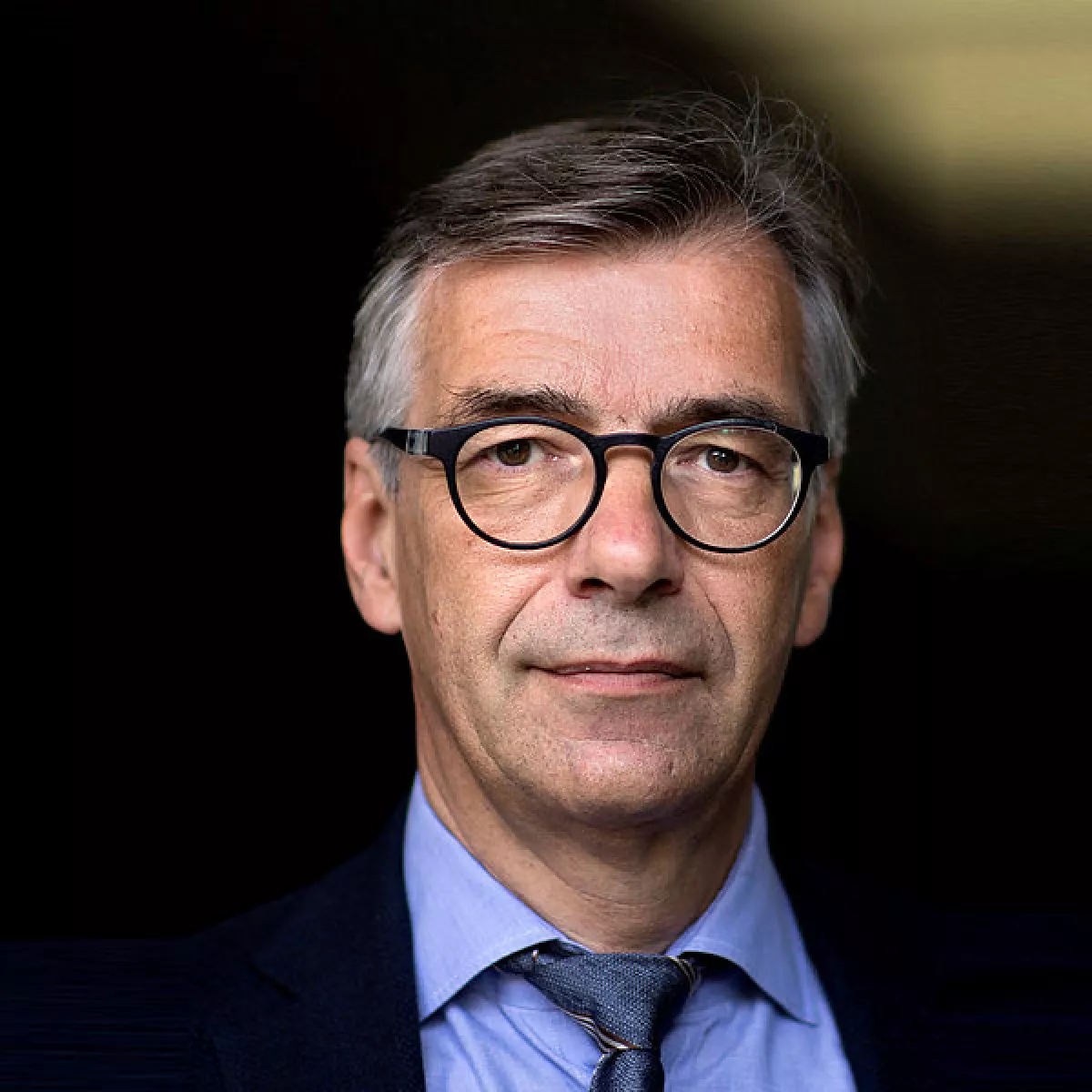
One of Germany’s leading political scientists, Professor of International Relations and Deputy Director of the Peace Research Institute Frankfurt (PRIF), Christopher Daase, while presenting the Peace Report 2025, called on the German government to “prepare for a future without NATO,” placing particular emphasis on the role of the United States.
In his view, since Donald Trump’s return to the presidency, the American administration has “turned the world’s oldest democracy into an authoritarian regime,” as a result of which “the transatlantic partnership, as it was traditionally understood, has come to an end.”
In light of this situation, Europe must acquire the capability to defend itself not just without the United States, but “perhaps even against it,” Daase argued. According to him, the first step in that direction should be the development of an independent European Union defence strategy—primarily aimed at countering the “long-term threat posed by Russia,” but “independent of the United States.”
The report specifically highlighted Berlin’s ongoing work on a phased plan to expand and integrate Europe’s defence structures. Analysts across the continent once again revived the idea of creating a European defence organisation autonomous from both NATO and the United States.
On the same day, London unveiled its Strategic Defence Review, calling for the UK armed forces to shift into a heightened state of combat readiness.
The document outlines a substantial increase in defence spending and the construction of new military equipment, notably a new generation of attack submarines.
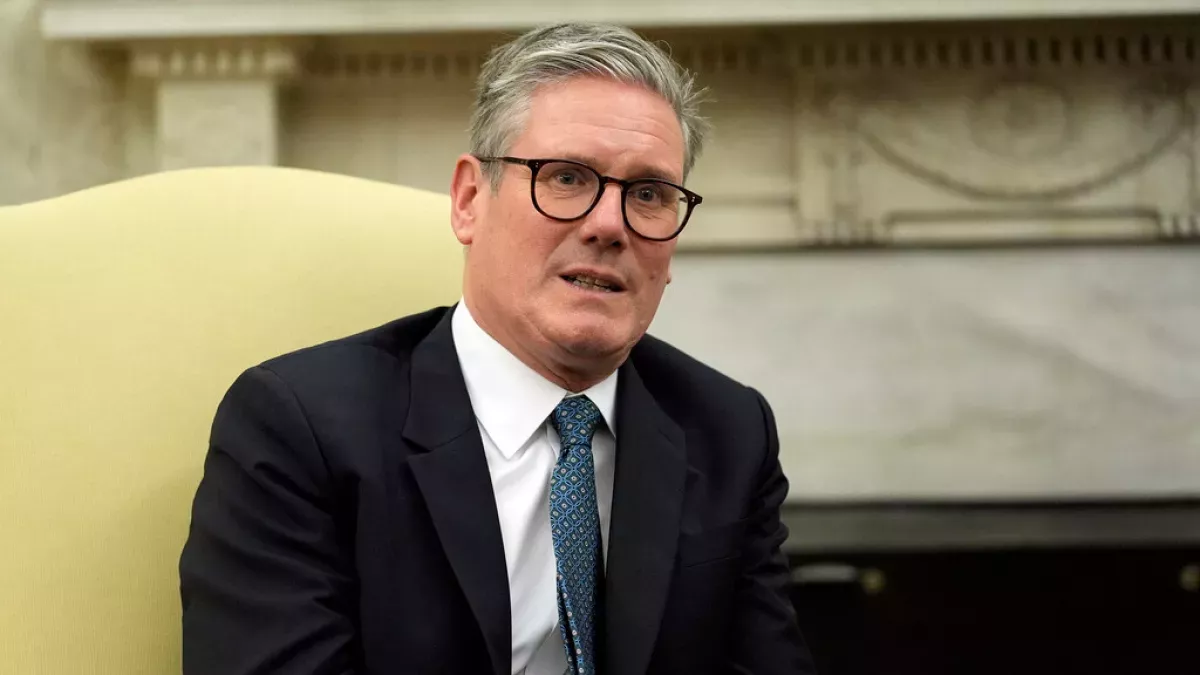
However, this is not a case of Europe setting itself against NATO. As British Prime Minister Keir Starmer emphasised, the new vessels—alongside nuclear-armed submarines—will safeguard the security of both the United Kingdom and the North Atlantic Alliance “for decades to come.”
At the same time, Starmer underlined the need to strengthen Europe’s deterrence capabilities and invest in the country’s air and missile defence systems. Overall, London plans to allocate £15 billion for the production and modernisation of nuclear warheads, as well as the development of artificial intelligence and cybersecurity.
It is worth recalling here that on 19 May, at the first European Union–United Kingdom summit held since Brexit, the two sides agreed to deepen their cooperation in the field of defence.
A key element of the new understanding between London and Brussels—described by several analysts as a “reset in relations”—was the Security and Defence Pact.
The agreement envisions the participation of the British defence industry in joint procurement efforts through the European Union’s forthcoming defence fund, Security Action for Europe (SAFE), which will have a projected budget of €150 billion. It was the establishment of this very fund that both sides agreed upon during the 19 May summit.
Returning to the events of 2 June, it is worth highlighting yet another decision—one that is likely to be viewed with considerable concern in the United States, at least given the current historical context.
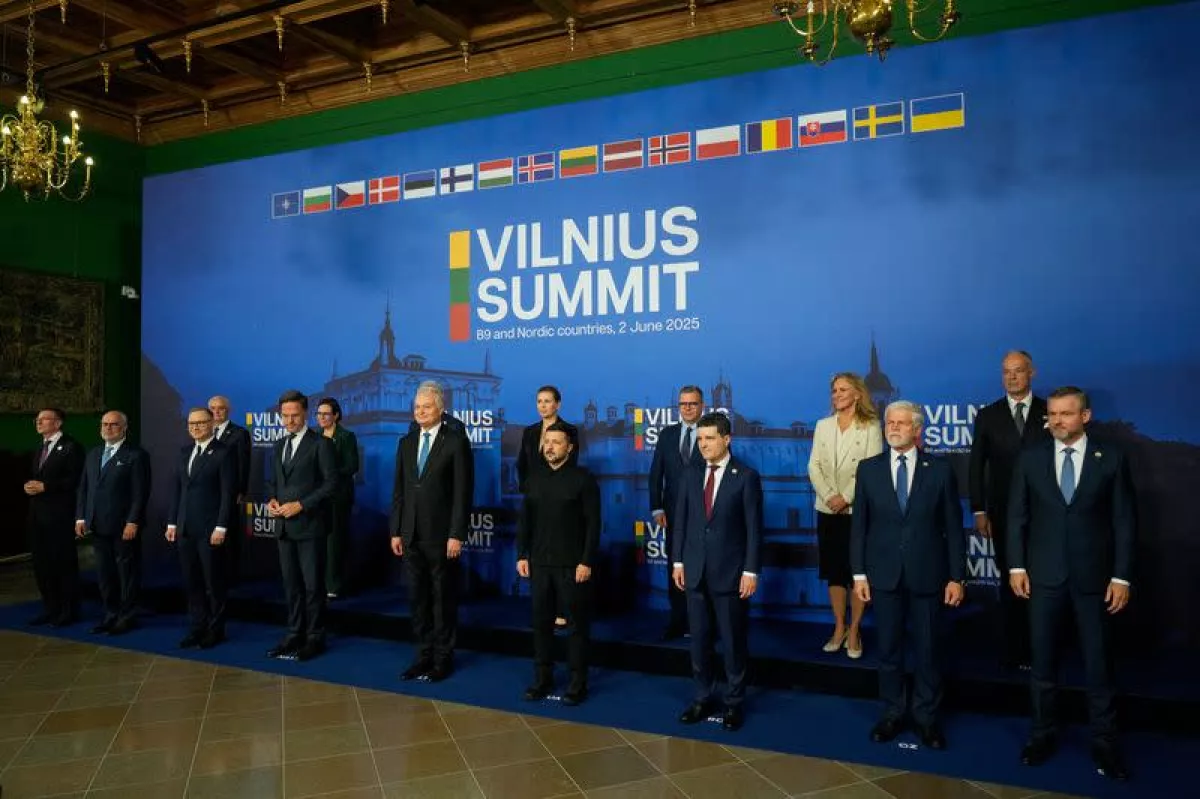
In a joint statement adopted by participants of the Bucharest Nine and Nordic countries forum—signed by the summit’s co-chairs, the presidents of Lithuania, Poland, and Romania—firm support was expressed for Ukraine’s “irreversible path to full Euro-Atlantic integration, including NATO membership.”
The summit participants reaffirmed their commitment to stepping up efforts to deter Russia, including maintaining and expanding EU sanctions. However, no concrete new measures to enhance defence capabilities were announced.
Notably, while European initiatives gain momentum, the United States is also actively expanding its own military arsenal. Recently, President Donald Trump declared that the U.S. armed forces are in the most powerful shape in history, adding that Washington is amassing weaponry at unprecedented speed.
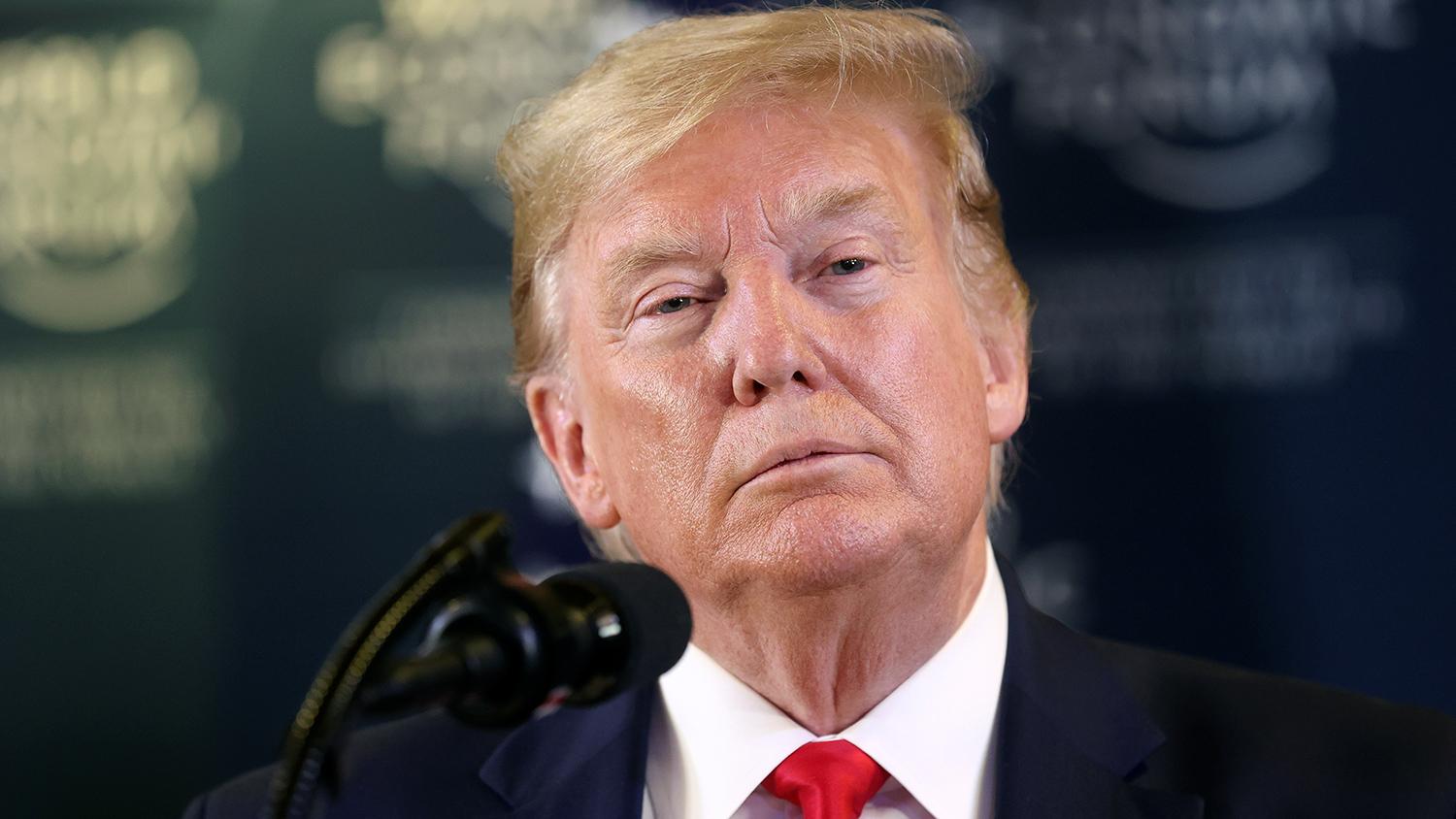
It is particularly noteworthy that the joint statement made no mention of NATO whatsoever—a striking omission given the ongoing debate about the Alliance’s future, and one that many observers see as highly symbolic.
On June 2, NATO Secretary General Mark Rutte made an effort to ease the growing internal tensions within the Alliance. He emphasised that the United States was not reconsidering its military presence on the European continent and continued to support a very strong conventional deployment in Europe.
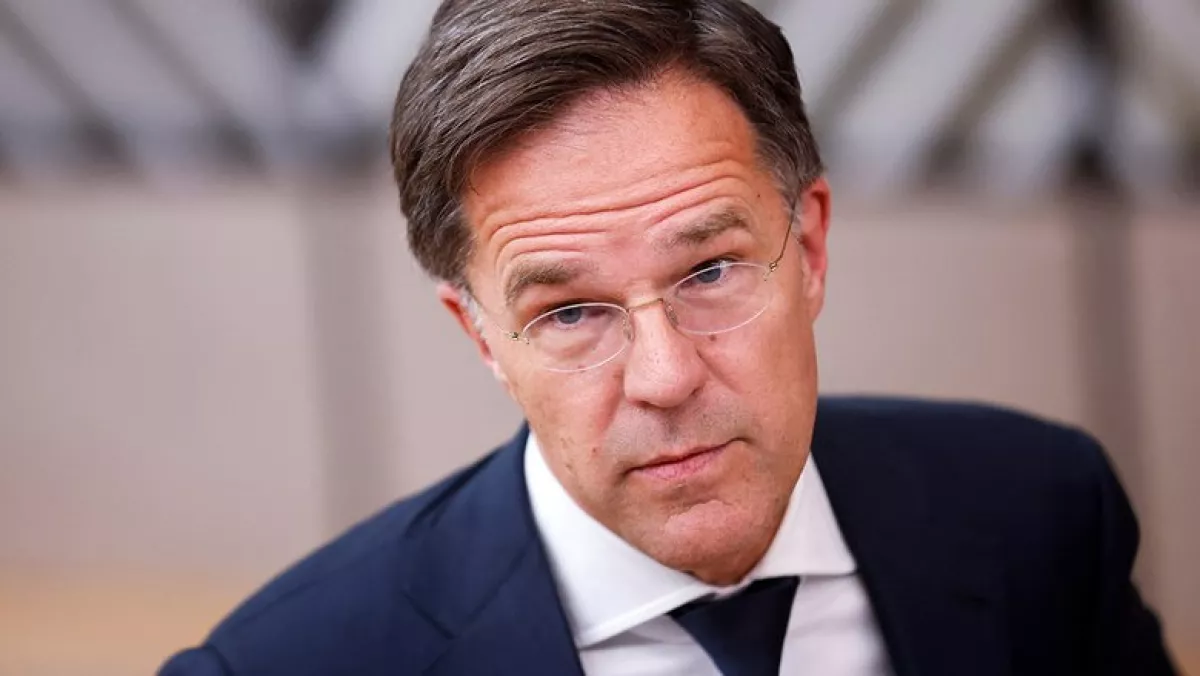
Rutte acknowledged that the current U.S. administration is more focused on developments in the Middle East and the Indo-Pacific region, explaining Washington’s strategic pivot toward Asia. Nevertheless, he expressed confidence in the continued presence of a strong American footprint in Europe—including a nuclear one.
Analysts suggest that leadership in strengthening European security could increasingly fall to Germany—potentially in tandem with France, though with Berlin taking the lead. In support of this view, they cite Rutte’s remarks in May addressed to German Chancellor Friedrich Merz, where he stated that Berlin’s leadership would be critically important to ensuring the security of Europe’s peoples.
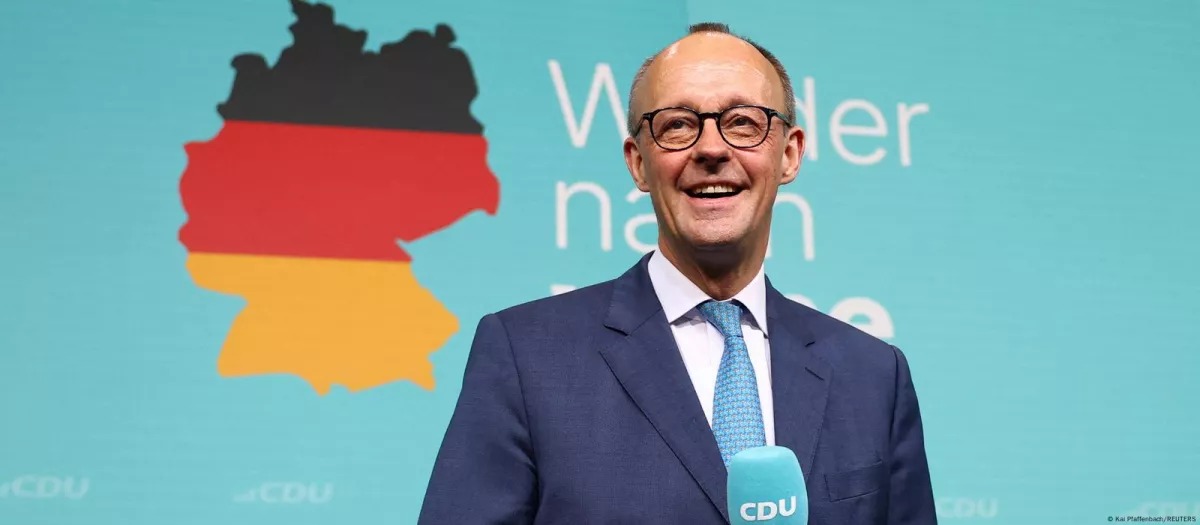
Chancellor Friedrich Merz, for his part, confirmed that Germany and the European Union intend to make substantial investments in their own defence capabilities—something he described as the best guarantee for Europe’s security.
These issues are expected to gain greater clarity during the upcoming NATO summit scheduled for late June in The Hague, Netherlands. Notably, reports are already circulating suggesting that Washington has no intention of fully aligning its agenda with that of its European allies. One telling signal of this divergence is the reported exclusion of a NATO–Ukraine Council meeting from the summit’s agenda.








